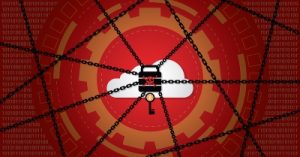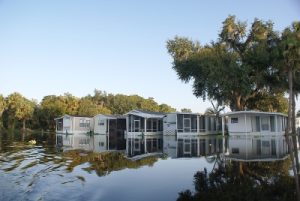
Ensuring broadband access for all citizens has been a key government focus, particularly since the pandemic accelerated the move to digital-first services. No longer a nice-to-have service, high-speed internet access is critical for education, healthcare, and access to government services. Ensuring this access means building out the infrastructure from urban centers to the most rural spots of the country and making access to broadband service affordable.
Broadband as a Utility
The Federal Communications Commission (FCC) is working to restore net neutrality policies that were canceled in 2017. These policies prohibit internet service providers (ISP) from throttling speeds to accelerate or degrade the delivery of online content. This practice can impact how underserved communities receive broadband access, allowing, for example, ISPs to prioritize certain traffic in exchange for user or content provider payments. With net neutrality, internet access is treated as a utility, similar to water or electricity, with equal access. Continue reading








